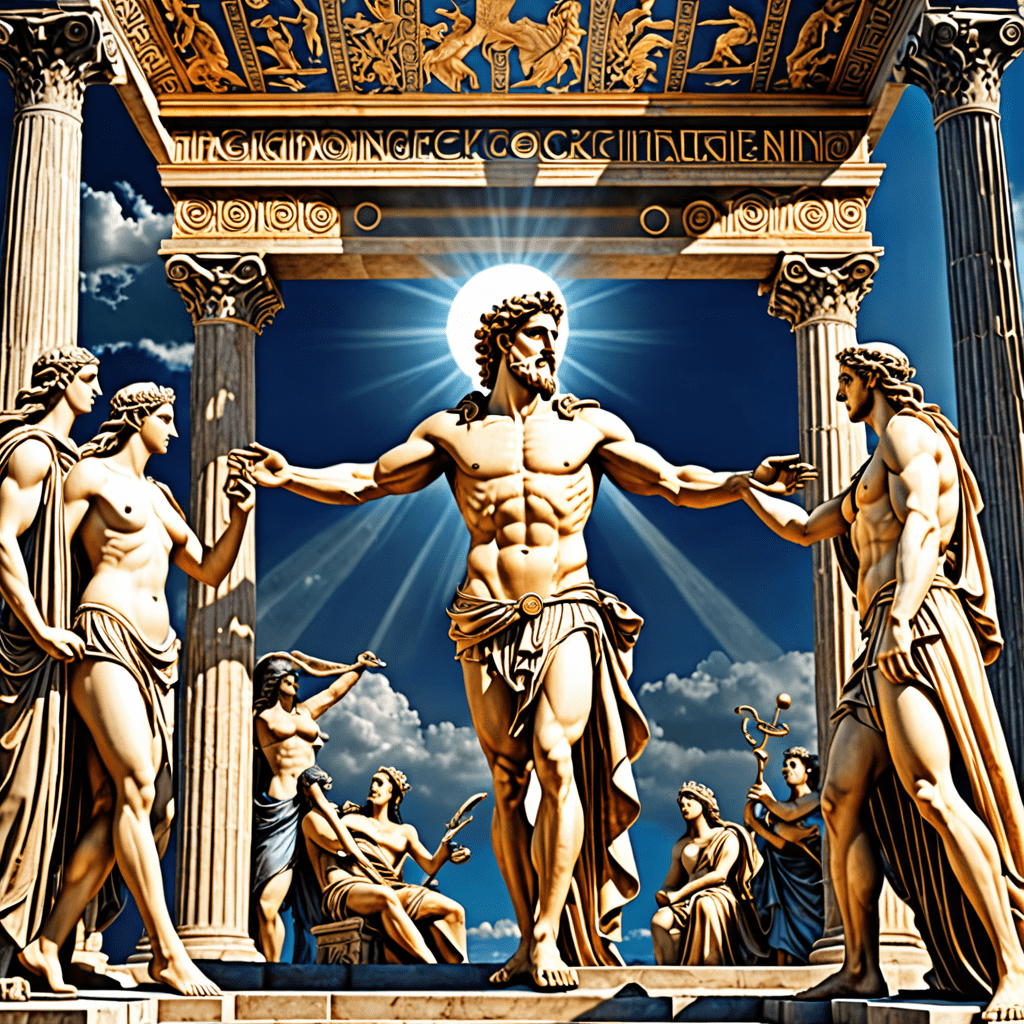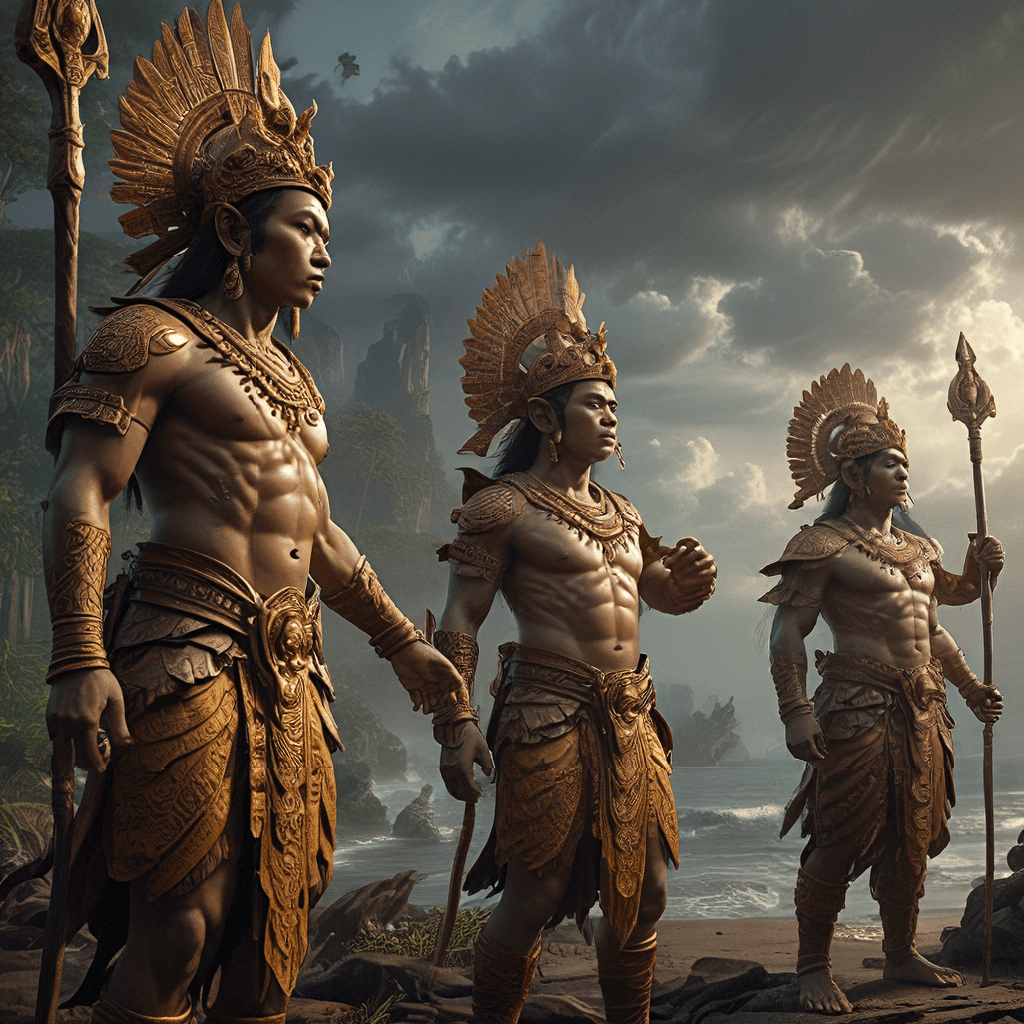Greek Mythology and the Origins of Medicine
1. Mythological Roots of Healing
In Greek mythology, the concept of medicine and healing was deeply intertwined with the tales of gods such as Apollo, the god of healing and medicine. According to myth, Apollo was the son of Zeus and Leto and was believed to bring forth both disease and cure. Many temples dedicated to Apollo were sites for healing rituals and medical treatment.
2. Asclepius and the Caduceus
Asclepius, another prominent figure in Greek mythology, was revered as the god of medicine and healing. He was often depicted carrying a staff entwined with a serpent, known as the Rod of Asclepius. This ancient symbol is still used today in many medical associations and represents healing and medicine.
3. Herbal Remedies and Mythical Plants
Mythology also portrayed the use of herbal remedies and mythical plants for healing purposes. Stories mention herbs like aloe, mandrake, and even ambrosia – a divine substance that granted immortality. These mythical plants often served as symbols of healing and were believed to possess magical properties.
4. Transformation of Mythology into Medical Science
Over time, the knowledge and practices inspired by Greek mythology evolved into the foundations of modern medicine. Early physicians and healers, influenced by the myths of healing gods and mystical remedies, laid the groundwork for medical science as we know it today. The legacy of Greek mythology continues to resonate in the field of medicine.
FAQ about Greek Mythology and the Origins of Medicine
What role did Greek mythology play in the origins of medicine?
Greek mythology played a significant role in the origins of medicine as it attributed diseases and ailments to divine displeasure or interference. This belief prompted the Greeks to seek cures and treatments for illnesses, leading to the development of early medical practices.
Who were the key figures in Greek mythology associated with medicine?
The key figures in Greek mythology associated with medicine include Asclepius, the god of medicine and healing, and his daughters Hygieia, the goddess of health, cleanliness, and sanitation, and Panacea, the goddess of universal remedy.
How did the temples of Asclepius contribute to the practice of medicine?
The temples of Asclepius served as early medical centers where healing rituals, therapies, and treatments were administered to the sick and injured. These temples were significant in the development of medicine as they emphasized the importance of holistic healing practices.
What is the modern significance of Greek mythology in the field of medicine?
Although modern medicine is grounded in scientific principles, the influence of Greek mythology can still be seen in medical symbols such as the Rod of Asclepius, which remains a symbol of healing and medicine to this day.



